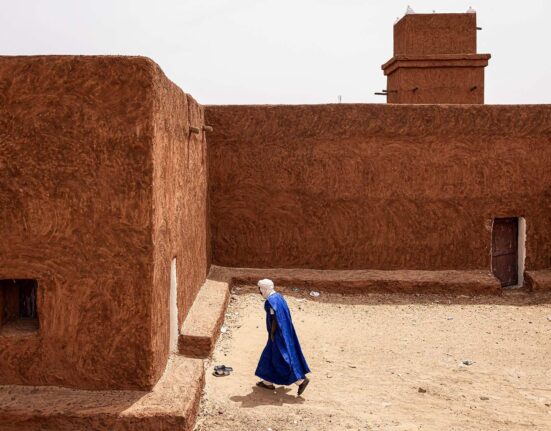A recent study conducted by the Ghana Institute of Management and Public Administration (GIMPA), in collaboration with the Konrad Adenauer Stiftung (KAS), has unveiled significant insights into public sentiment regarding Ghana’s democratic landscape. This study sheds light on the prevailing trust and faith that the majority of Ghanaians have in their country’s democratic institutions and processes.
Ghana, a country known for its stable democracy in a region often plagued by political instability, has been a beacon of hope for many other nations in Africa. The peaceful transitions of power, regular elections, and active civil society have contributed to Ghana’s reputation as a democratic success story on the continent.
The findings of the study reveal that despite challenges and criticisms, a significant portion of the Ghanaian population still believes in the strength and resilience of their democracy. This sentiment is crucial in maintaining political stability and fostering national unity, especially in times of uncertainty and change.
The study underscores the importance of continuous civic education and engagement to sustain public trust in democratic institutions.
Experts point out that trust in democracy is not static and can be influenced by various factors such as political developments, economic conditions, and social dynamics. Therefore, it is essential for policymakers and leaders to address concerns promptly, promote transparency, and uphold the rule of law to uphold the integrity of the democratic system.
Ghanaians’ confidence in their democracy not only reflects their support for the current political framework but also signals a commitment to democratic values and principles. This civic engagement and belief in the power of democracy to bring about positive change are fundamental pillars for the country’s progress and development.
Public perception of democracy can shape the political landscape and influence decision-making processes at all levels of governance.
Moreover, the study highlights the role of effective governance, accountability, and inclusivity in strengthening democracy and ensuring that the voices of all citizens are heard and respected. By fostering a culture of dialogue and participation, Ghana can continue to build a more robust and responsive democratic system that addresses the needs and aspirations of its diverse population.
In a global context where democracy faces increasing challenges and threats, the reaffirmation of public trust in Ghana’s democracy serves as a beacon of hope and inspiration. It demonstrates that with the right institutions, practices, and citizen engagement, democracy can thrive and endure even in the most challenging times.
As Ghana navigates the complexities of a rapidly changing world and evolving political landscape, the study’s findings offer valuable insights for policymakers, civil society organizations, and citizens alike. They underscore the importance of collective action, accountability, and respect for democratic principles in safeguarding the gains made in Ghana’s democratic journey.
Ultimately, the study reaffirms that democracy is not just a system of governance but a shared commitment and responsibility of all citizens to uphold the values of freedom, equality, and justice.









Leave feedback about this